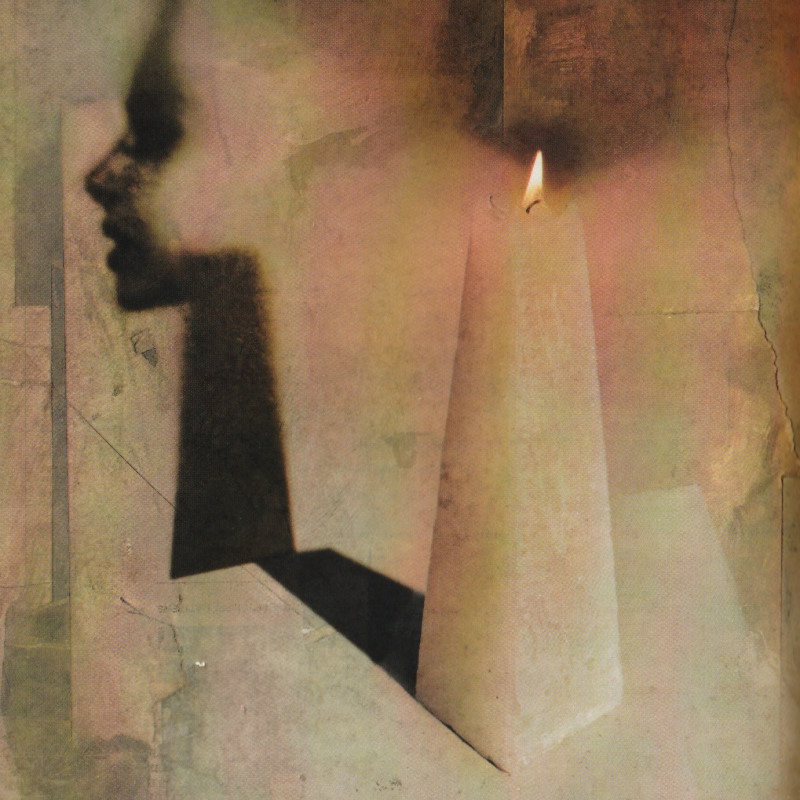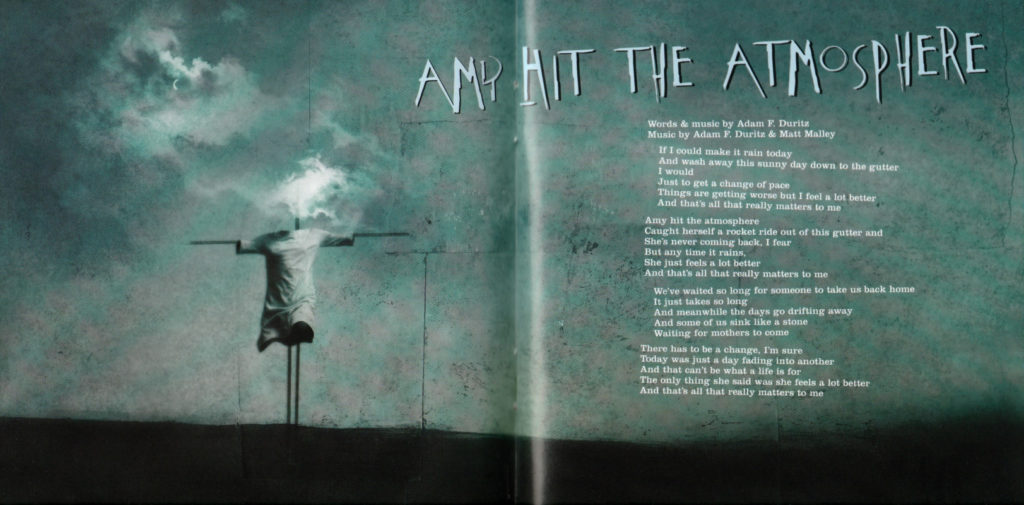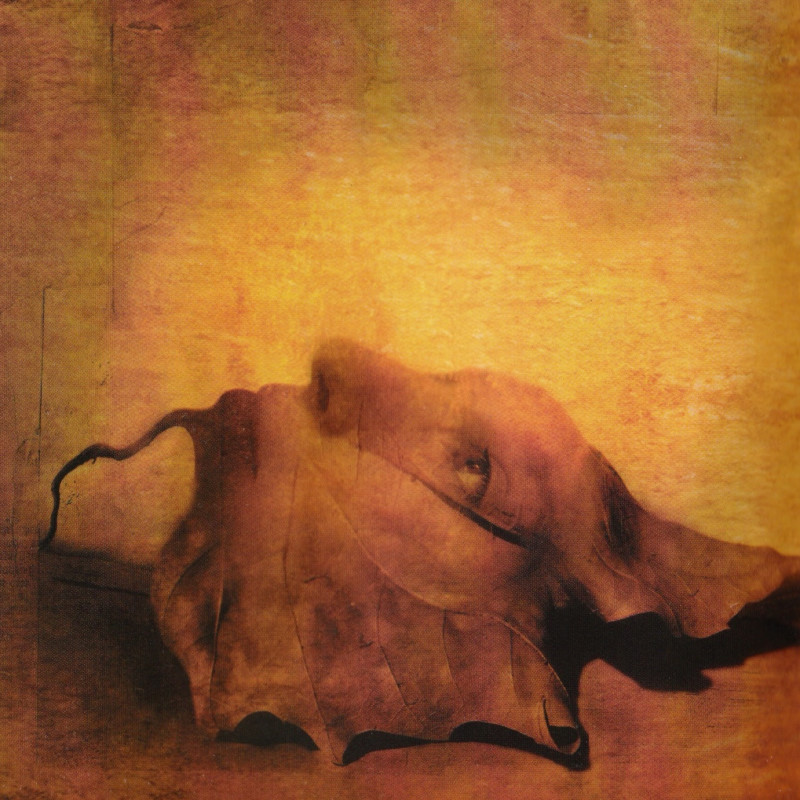My stepmom had a bookshelf CD collection when I was little. Young spergs have active imaginations, and I was no exception; album art was everything to me at 5. I probably spent more time staring at the cracked out, surrealist album covers and being confused, fascinated, and terrified than I did listening to anything at that age. (Redman’s Malpractice, whose blobbily-proportioned cover guy is still unsettling to look at, is a prime example of the weirdness I found in there.)
Of course, I knew just enough about CDs to know what they were for, and just enough about our family’s Athlon-based Windows XP machine to be able to listen to the odd album or two. Somewhere down the line, Counting Crows’ This Desert Life fell into my lap. It was bound to catch my attention; it had a man with a fishbowl for a head on the cover, how could it not? What wasn’t bound to happen was how important the album would become to me; in fact, it’s the first album I ever truly loved.
That album turns 20 today, and I’m feeling sentimental. No one else is looking back on it, so I’m going to.
Counting Crows is the quintessential “love-it-or-hate-it” band, really. You find the rootsy, piano-mando rock and Adam Duritz’s tendency to emote grandly about Hollywood, rain, girls of various names, and wasting away for better or for worse either cloying or touching. August and Everything After brought the band renown and Recovering the Satellites established them further, but by This Desert Life, they’d comfortably settled into the kind of band you get if you get and give a wide berth if not. (And “Accidentally in Love” didn’t happen yet. Thankfully.)

I’m not making the case the album’s gonna convert anyone who’s not already signed up to the mailing list, but if you are on board, This Desert Life is one of the most overlooked, solid, and consistent records they’ve ever made. Each track feels perfectly distilled into what it needs. The slower songs don’t drag (even the eight-minute “Mrs. Potter’s Lullaby”, somehow), and the more uptempo ones wring whatever energy could be wrung out of a Counting Crows record.
Hell, some of the tracks sound damn near fun. “Hanginaround” might drink to untuned snares and hollering, but it’s the hidden track (remember those?) “Kid Things” that really gives the band away to twangy, jammy, yeehaw goodness, almost celebratory about overnight phone calls running up huge bills and sleeping together. Kid things make it better than it was, after all.

The sad songs are what you’re here for, though, and this batch more than delivers. “Amy Hit the Atmosphere” turns desert sunshine into inky, eerie trembling guitars and piano chords. With age, “All My Friends” and its sense of being left behind by those around you maturing faster than you resonates more and more. “Speedway” might not be much musically, but goddamn if wondering if you get off on your own anxious misery isn’t the most morbidly relatable bit on the entire album.

Yet, it’s just as much what’s around the album that makes me fond of it. I can remember being shook awake and panicked by the sudden “astronaut” breaths that kick off “Kid Things” after five minutes or so of silence. I used to think the weird face-leaf thing that accompanied “All My Friends” in the booklet was someone’s face stretched and nailed to the ground—and that was just stomach-churning. The album had a style I both loved and was totally alien to. It’s not much to anyone used to an adult’s understanding of freaky, but to a little sperg, I’m telling you, shit was bizarre.
August and Satellites lose me somewhere down the line, honestly. Maybe I just have to give them more time or another listen, but so far, they’re just where “Rain King” and “Catapult” come from. This Desert Life keeps me from beginning to end. It’s Counting Crows’ most to the point, gratifying statement. It’s a good entry into the band’s catalog. It’s a record no one else could’ve made. And for me? It’s the first album I loved front-to-back. And man, I still do.

My copy of the album is beside me as I write this. It’s her copy; I had a habit of stealing people’s CDs for my own hoard. I think I got more out of it than she did though, honestly. It’s not an album I listen to constantly, but when the time’s right and the mood is moody, it still does it for me. I probably have it to thank for priming me for a lifetime of Becks and Nirvanas and whatever else I find down the road. Really not a bad showing for a man with a fishbowl for a head.
